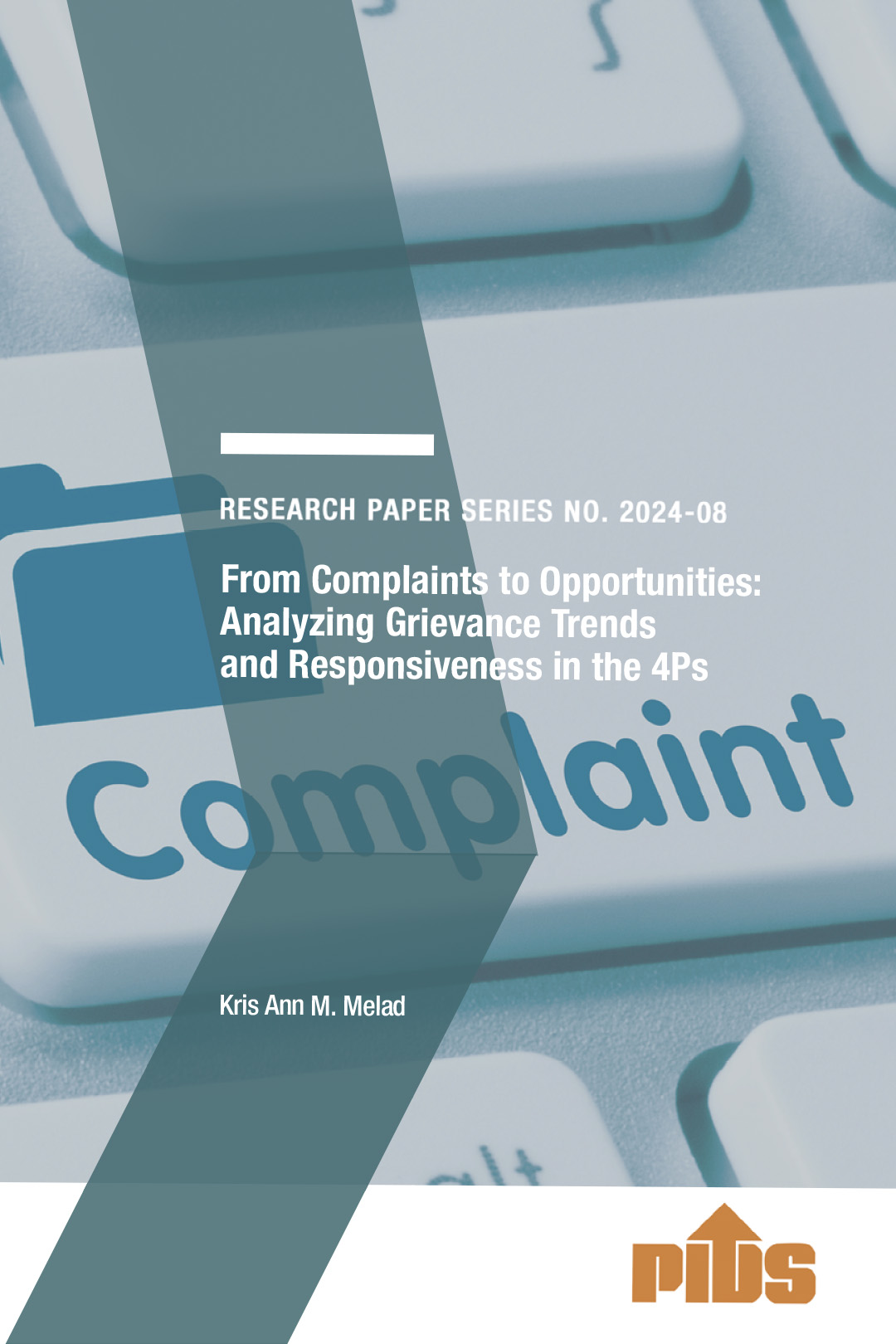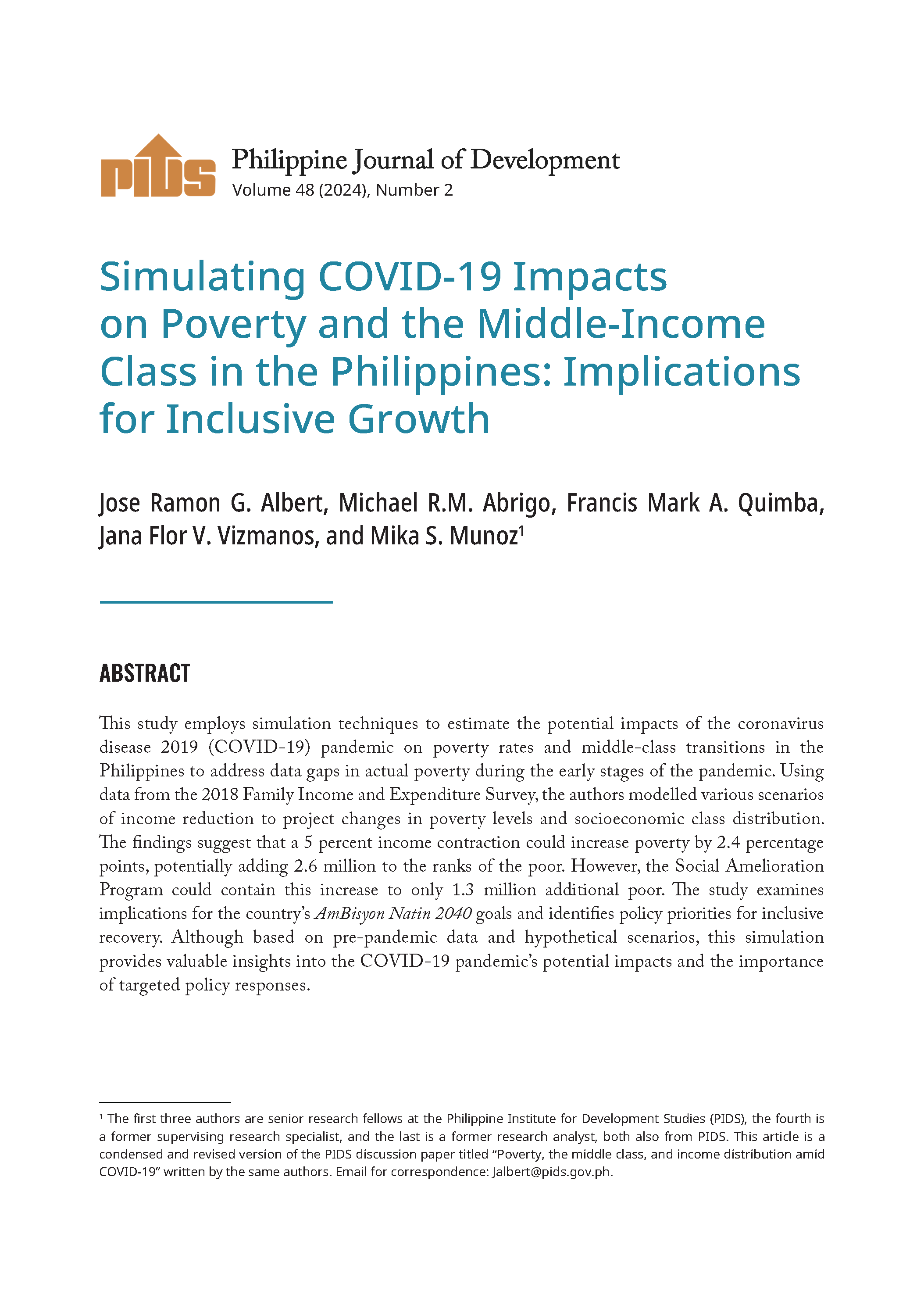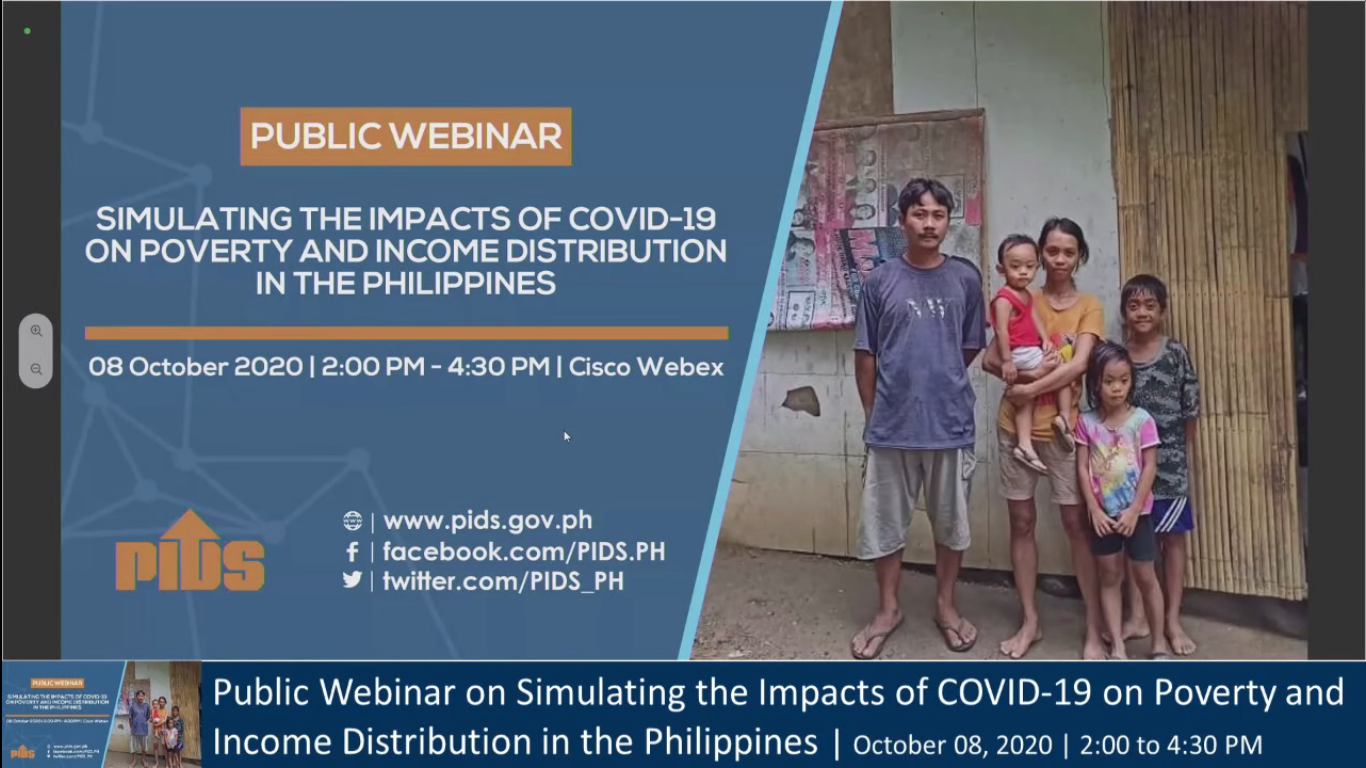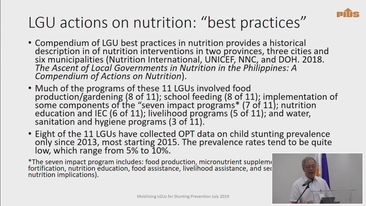Economies with more di¬rect investments in manufacturing can reduce poverty faster, economists said. This was one of the conclusions arrived at by economists, Manuel Montes, Josef Yap and Luis Dumlao, during a recent policy forum on foreign direct investment (FDI) organized by the University of the Philippines (UP) Asian Center Bugkos - Asia in Transition Research Program.
Yap, former president of the Philippine Institute for Development Studies said a more dynamic and perhaps more sector would provide higher-paying jobs to the less-educated workforce, therefore making poverty reduction faster. The manufacturing sector employs more high school graduates, whereas, the services sector employs more college graduates. The manufacturing sector also has higher labor productivity, thus, more high-paying jobs can be found here than in the other sectors,” Yap said.Dumlao, dean of the John Gokongwei School, of Management in Ateneo said the economy remains a consumption-based one. From 2000 to 2007, the share of household consumption to economic growth increased but decreased in 2009, the time of the global financial crisis.
The description of the economy remained the same from 2010 to 2012 with relatively the same shares of consumption, investment and government consumption to growth, he said. The changes reveal that the private sector has begun apportioning more of its expenditure from consumption to investment.
The growth in capital formation has been led by sub-expenditure categories construction, posting 15.7 percent growth, and durable equipment with 11.3 percent,” Dumlao said. Montes, for his part, said the Philippines has been left behind in industrial development. Market-oriented reforms in the country were not very successful in attracting FDIs, he said.
Yap, former president of the Philippine Institute for Development Studies said a more dynamic and perhaps more sector would provide higher-paying jobs to the less-educated workforce, therefore making poverty reduction faster. The manufacturing sector employs more high school graduates, whereas, the services sector employs more college graduates. The manufacturing sector also has higher labor productivity, thus, more high-paying jobs can be found here than in the other sectors,” Yap said.Dumlao, dean of the John Gokongwei School, of Management in Ateneo said the economy remains a consumption-based one. From 2000 to 2007, the share of household consumption to economic growth increased but decreased in 2009, the time of the global financial crisis.
The description of the economy remained the same from 2010 to 2012 with relatively the same shares of consumption, investment and government consumption to growth, he said. The changes reveal that the private sector has begun apportioning more of its expenditure from consumption to investment.
The growth in capital formation has been led by sub-expenditure categories construction, posting 15.7 percent growth, and durable equipment with 11.3 percent,” Dumlao said. Montes, for his part, said the Philippines has been left behind in industrial development. Market-oriented reforms in the country were not very successful in attracting FDIs, he said.












